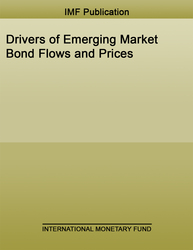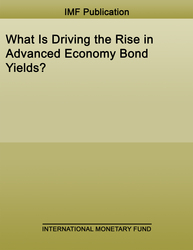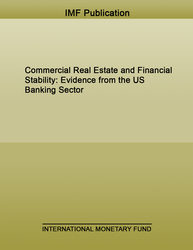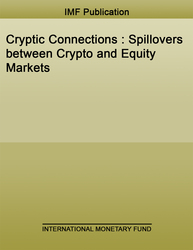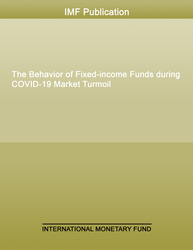
The Behavior of Fixed-income Funds during COVID-19 Market Turmoil
The Behavior of Fixed-income Funds during COVID-19 Market Turmoil
READ MORE...
Volume/Issue:
Volume 2020
Issue 002
Publication date: December 2020
ISBN: 9781513563695
$5.00
Add to Cart by clicking price of the language and format you'd like to purchase
Available Languages and Formats
| English |
Prices in red indicate formats that are not yet available but are forthcoming.
Topics covered in this book
This title contains information about the following subjects.
Click on a subject if you would like to see other titles with the same subjects.
Economics- Macroeconomics , Economics / General , International - Economics , fixed-income funds , cash , financial stability , AN , fixed-income fund , low-liquidity assets , fund flow , liquidity condition , portfolio composition , stress scenario exercise
Summary
This note analyzes the stress experienced (and caused) by open-end mutual funds during the March COVID-19 stress episode, with a focus on global fixed-income funds. In light of increased valuation uncertainty, funds experienced a short period of intense withdrawals while the market liquidity of their holdings deteriorated substantially. To cover redemptions, afflicted funds predominantly shed liquid assets first—for example, cash, cash equivalents, and US Treasury securities. But forced asset sales amplified price pressures in markets and contributed to liquidity falling across fixed-income markets. This drop in market liquidity, as well as the general stress in financial markets, may have led to fund investors becoming even more sensitive to challenging portfolio performance and encouraged further withdrawals. Only after central banks intervened, directly and indirectly supporting asset managers, did liquidity and redemption stress subside. Overall, the March episode validated the financial-stability concerns about liquidity vulnerabilities in the fund industry and calls for further action to address them.
